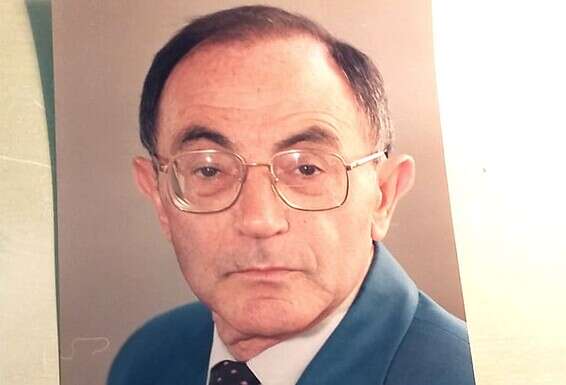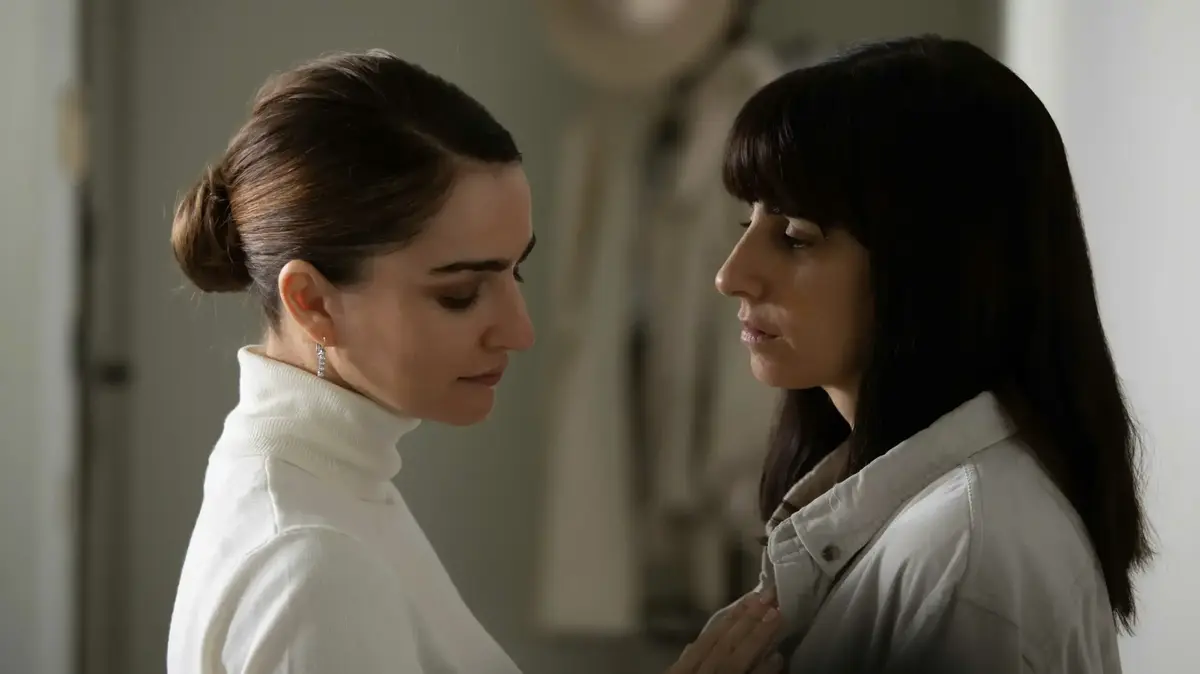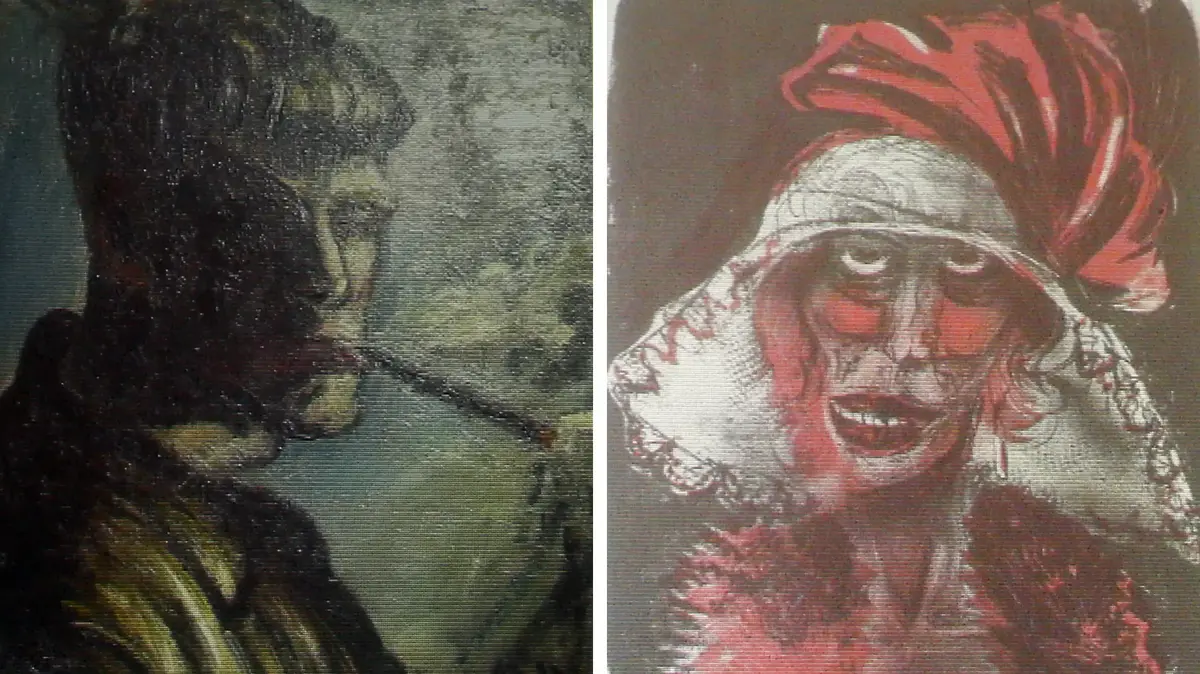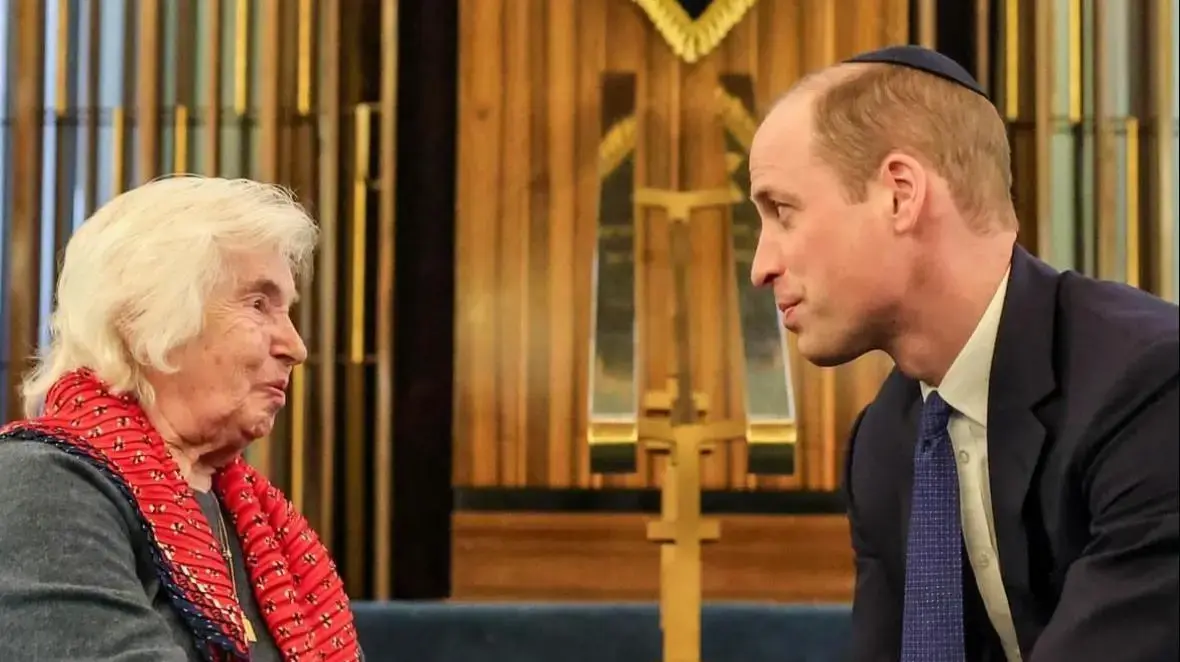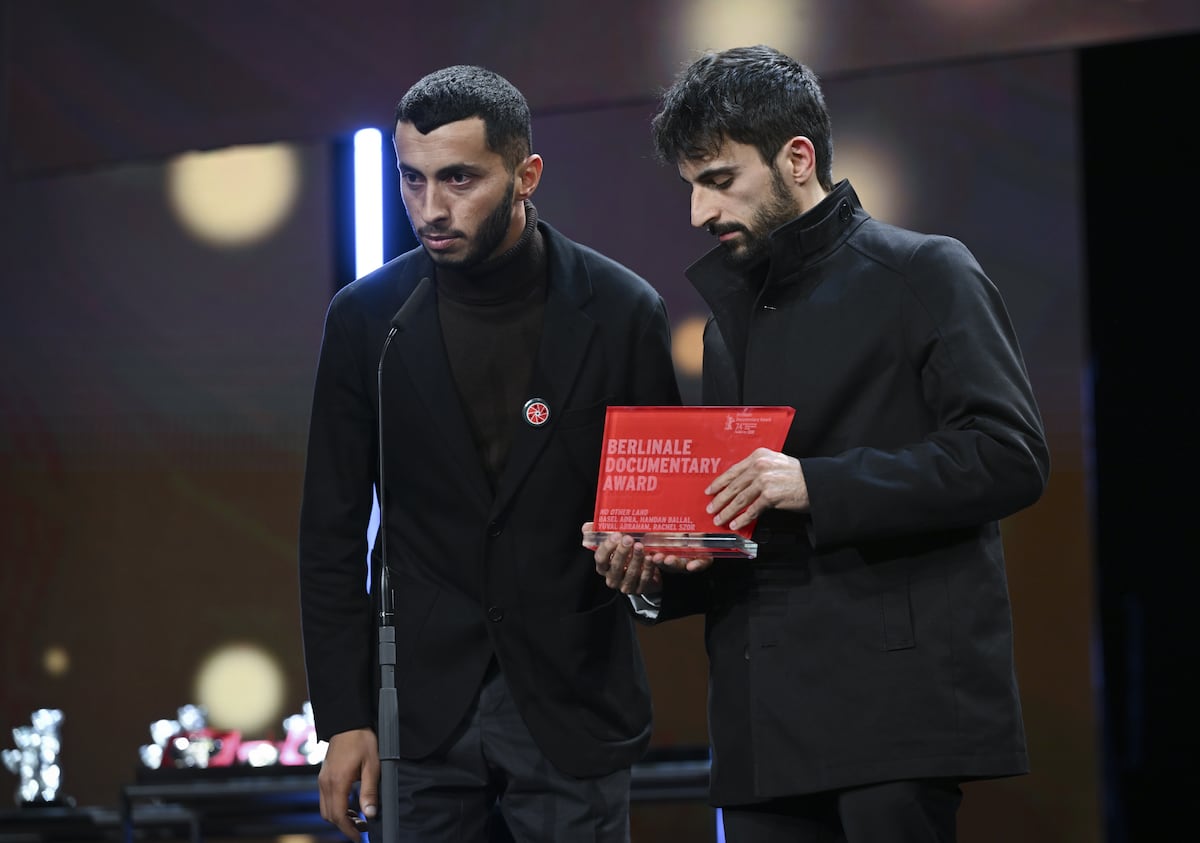The Corona period was difficult and traumatic for Holocaust survivors • Experts explain: "Everything they knew has changed, in a way that 'echoed' their childhood"
Holocaust survivors at a ceremony in Haifa, those photographed have nothing to do with the article // Photo: Herzli Shapira
The Corona period was unbearably difficult for the elderly population in Israel, which at the end of its life had to deal with loneliness and distance from family members.
For Holocaust survivors, it was sometimes a particularly traumatic period, which brought many of them back to the feelings and struggles that accompanied them in other times - the days of World War II.
"During the corona period, it should be assumed that most survivors experienced the period in a very difficult way, especially those who are lonely and have no family around," explains Dr. Martin Auerbach, national clinical director at Amek.
"For Holocaust survivors, the difficulty of reuniting with the experience of a 'world that changes beyond recognition' - their whole daily routine and what they knew changed - and it created a very difficult experience for them, one that could resonate with their childhood experience. The war, and early in life they experienced a total change in the reality they knew: separation from family, disappearance of parents sometimes experienced as abandonment, beyond monasteries and hiding places. Sometimes separations were repeated, and this is their 'basic trauma experience'. "The earth is shaking under their feet," he added.
"I had a recurring dream during the Corona period, that I do not know how to get back in the car or that I am at the airport looking for my suitcase," says Prof. Shimon Redlich, a Holocaust survivor from Brzezany, Ukraine (formerly Poland) and a historian from Ben-Gurion University.
He adds: "The common denominator of all of them was confusion and uncertainty, and moreover, I developed a strong tension, sometimes I even erupted on relatives. My patience threshold dropped miraculously."
"I cried every order"
When talking about the experience of "reverberation" for Holocaust survivors, it should be emphasized that certain elements in Corona, quite chillingly, reminded them of experiences from the period of Nazi rule.
"Words like curfew, closure, policy change and ongoing uncertainty were familiar to survivors," Dr. Auerbach notes. "Even the issue of uniforms and protection of doctors and therapists was quite an association with the Nazis.
On top of that, there was the fact that children and grandchildren suddenly could not come to visit, and they were forced to 'separate' from their family again.
All of this has created a state of 're-traumatization', a re-experiencing of the trauma. "
"Just like the Holocaust, the corona broke out all at once," adds Tali Resner, a psychotherapist at Amek and a member of the organization's management.
"Suddenly the neighbors stop talking to you, the friend became the enemy, the alienation took over, and it all resonated with the survivors. I saw how great sadness seeped into them, they asked themselves: Is this how I should end my life? I started them with such a great loss, from the trauma I built myself, Could I end my life in loneliness? "
"The closure immediately threw me back to the time we hid and were in hiding, and also to the feeling of the unknown and the uncertainty of what would happen," says Prof Redlich.
"The sense of time has also changed: instead of an agenda, time is stretched like chewing gum, like during the war."
Hannah Adler, a Holocaust survivor from Romania, also recounts the difficult feelings: "On the night of the previous Seder, I felt that the whole house had fallen on my head, I cried all evening."
However, Adler actually testifies that she did not experience the reverberation during the Holocaust, and attributes this to the young age at which she experienced the war: "I was 4 years old. I have so little memory of it. My mother always worried about us. I did not understand what war was."
"The poor have suffered more"
If so, who are the Holocaust survivors who experienced the resonance with particularly strong intensity?
Is it possible to draw lines for their figure?
"The most significant difference was whether the survivors were left alone or not. Those without a family - the Corona affected them much more," notes Dr. Auerbach. Resner adds: "Anyone whose whole family perished in the Holocaust has returned to the feeling that 'the whole world is bad.' , Compared to Holocaust survivors who survived with their families.
I also saw a difference between those who were babies, aged two to three, and those who were older.
Precisely in the first group I encountered more anxieties, because their memories are more 'in the body', sensory, and less such that can be talked about.
It can manifest itself in a sudden anxiety attack. "
"Another population that has particularly difficulty is the elderly who suffer from cognitive decline because their ability to distinguish between past and present is lower, so the trauma reconstruction was strong and multiplied," adds Dr. Auerbach.
Prof. Redlich: "What saved me was the family. On my birthday, which was in the first closure, they made a big sign and sang to me under the balcony. If I was lonely, I'm sure my situation would have been very difficult."

